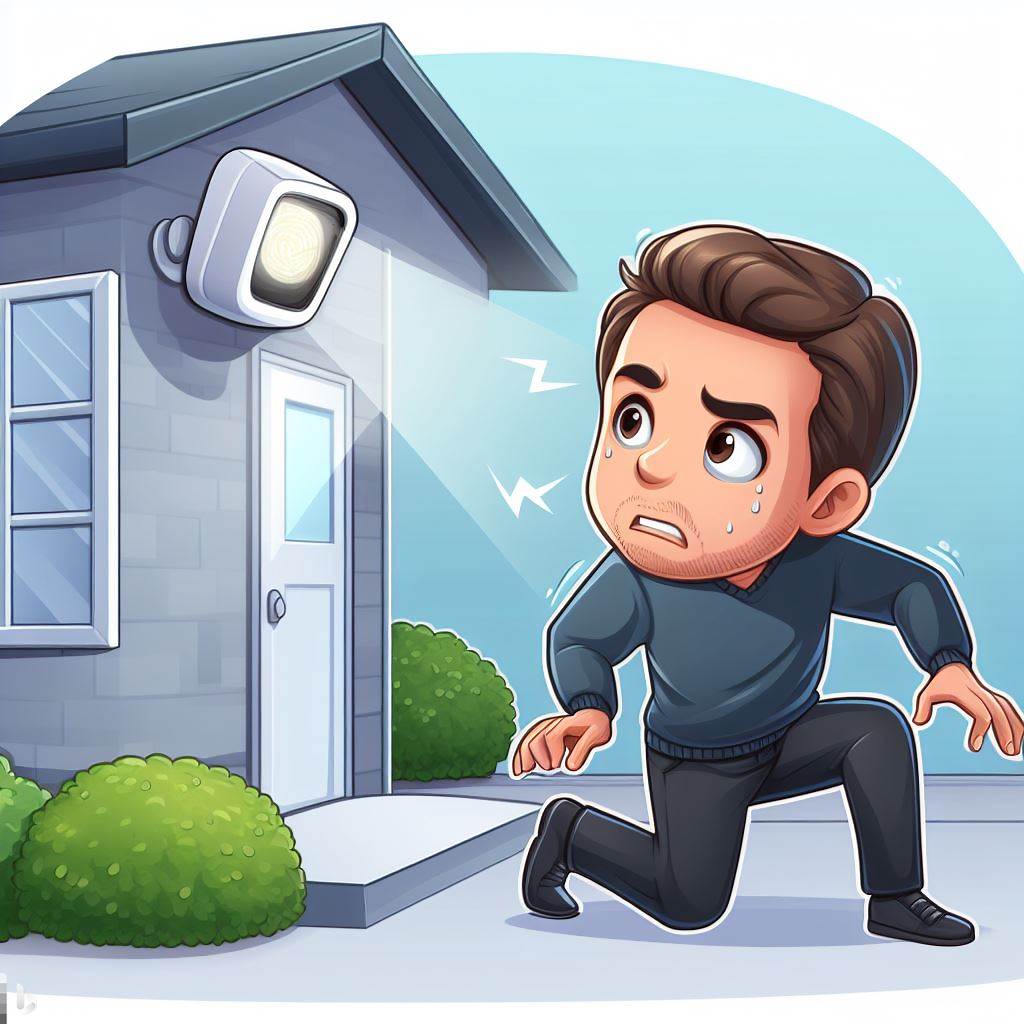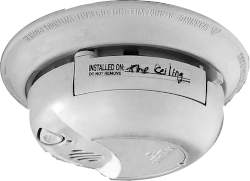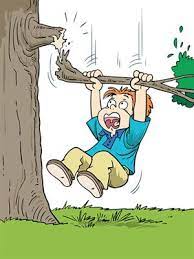As we bid farewell to longer daylight hours and embrace the winter season, it is a good time to consider the potential hazards which come with the season and how best to protect from and prepare for them.

-
Illuminate Your Surroundings: The shorter number of daylight hours come with an increased need for lighting, not only as a deterrent to crime, but for your own personal safety. Coming from someone who recently dislocated his shoulder while wandering through watershed park, a seasonal injury can really put a damper on any pleasure which comes from this time of year. Walk around your home, checking for well-lit pathways and dark corners. Check to ensure your motion sensor lights are working, often years of gunk or simple failure can result in them not detecting; an improperly angled motion sensor or light can also result in the light not working in the way it was intended.
-
In addition to outdoor lighting, consider light timers inside your home. When setting up the times it is a good idea to stagger them and consider the changing sunset time; some automation systems have the daylight savings time integrated into them or you can install a simple light sensor outside. For my clients I often use an existing outdoor security camera as a light sensor.
-
Winterizing Windows and Doors: Seal gaps in windows and doors to prevent heat loss and reduce energy bills. Use weatherstripping or caulk to close any gaps. Consider investing in thermal curtains for added insulation, contributing to both warmth and energy efficiency.
-
Heating System Maintenance: Ensure your heating system is ready for winter by scheduling a professional inspection. Replace air filters, check for leaks, and confirm that your furnace is operating optimally. A well-maintained heating system not only keeps your home warm but also reduces safety risks.

-
Carbon Monoxide and Smoke Detectors: On the topic of heating systems, the increased cold brings with it the increased use of natural gas and even wood burning fireplaces. The change in time is often used as a reminder to change the batteries and check the expiry dates on your Carbon Monoxide and Smoke Detectors. Aside from increasing your safety, this annual routine will possibly prevent you from being woken up at 3 AM by the sound of a beeping smoke detector. I have lost track of the number of 3 am calls I have received from customers who thought it was their security alarm causing the irritating intermittent high pitched beep, I can now recognize the sound made by different smoke detector brands :) All joking aside, these detectors are crucial for early detection, providing vital seconds in the event of a fire or carbon monoxide leak. Depending on your security alarm system, many of these existing detectors can be connected to your monitored alarm system, although I often suggest a secondary hardwired set of detectors powered and supervised by the alarm system. The cost is minimal and often qualifies you for an additional discount on your home insurance. A heat detector in your furnace room is also an inexpensive and highly effective addition to any hardwired security alarm.
-
Seasonal Fire Risks: On the topic of fire, it is important to be cognizant of seasonal fire risks, such as space heaters, fireplaces, and candles. Keep flammable items away from heat sources and never leave them unattended. Inspect your chimney and ensure it's clean before using your fireplace. Practice safe candle use, and consider flame-less alternatives for a cozy atmosphere without the risk.
-
Emergency Preparedness: As demonstrated by the recent wind storm which knocked power out for much of Metro Vancouver and beyond, emergencies happen and we need to be prepared. As well as power outages, traditional emergency events such as earthquakes and fires can be amplified in the bitter cold and darkness. For this reason it is important to prepare for potential winter emergencies with a well-stocked emergency kit. Include items such as flashlights, non-perishable food, battery operated heater, batteries, candles and a first aid kit. Develop a communication plan with family / neighbours, & stay informed about local emergency resources.

-
Falling trees structural safety: With the number of trees in the woods, it is also important to monitor the stability of the tree's around your home. I remember one Christmas when a clients holiday celebrations were cut short by a neighbours tree crashing into their garage, luckily the tree barely missed their living room. This goes to illustrate how important it is to ensure the tree's around your home are healthy.
-
Knowing your neighbours: The warm summer weather and evening walks makes it easy and almost second nature to talk to and connect with our neighbours, as the days get shorter and nights get colder we may find ourselves shortening or eliminating our walking regime in favour for a warm and cozy home. The strength of our community lies in our collective awareness and connectivity.
-
Criminals also like to take advantage of the longer hours of darkness and the secluded nature of winter to target vehicles. Just as with any time of year, ensure you do not leave valuables in your vehicle and try to park in a way as to shelter your Catalytic Converter. If you look at how I park my Ranger you will notice I keep the passenger side up against the bushes, there is a strategic security reason for this as the catalytic converter is on the passenger side of the truck.
- Log in to post comments
